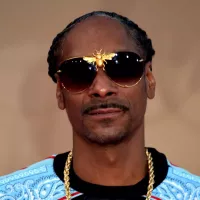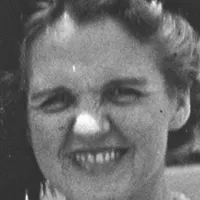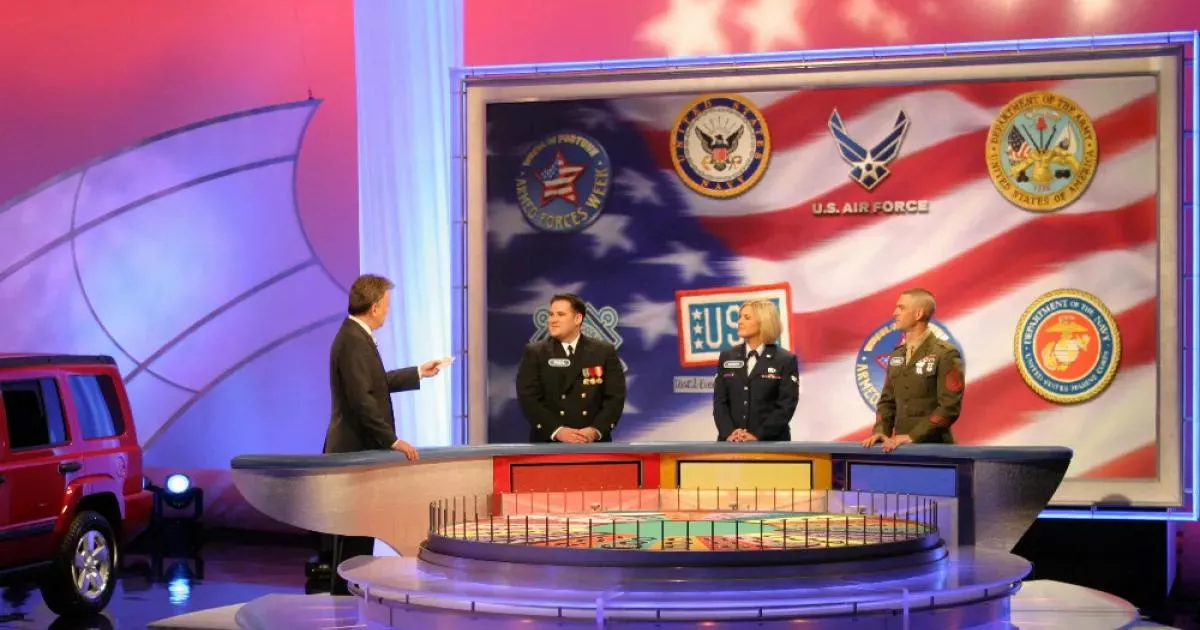Game shows are a form of entertainment where contestants compete for prizes. A host typically guides the show, explaining rules and providing commentary. Game shows originated in the late 1930s on radio and television, gaining significant popularity in the United States during the 1950s, becoming a staple of daytime television programming.
1938: First Television and Radio Game Shows
In 1938, Spelling Bee, the first television game show, and Information Please, the first radio game show, were both broadcast.
1939: Dr. I.Q. Debut
In 1939, Dr. I.Q., a radio quiz show, premiered and became the first major success in the game show genre.
1941: First Commercially Licensed Television Game Shows
In 1941, Truth or Consequences became the first game show to air on commercially licensed television, followed by CBS Television Quiz, the first regularly scheduled game show.
1959: Quiz Show Scandals and Decline
In 1959, many high-stakes game shows were exposed as biased or scripted, leading to ratings declines and the cancellation of most prime-time games due to the 1950s quiz show scandals.
1960: Restrictions on Game Show Winnings
Around 1960, American networks placed restrictions on the amount of money given away on game shows to avoid scandals, including earnings caps and episode limits.
1961: Password Introduces Lightning Round
In 1961, Password introduced the Lightning Round, where contestants could win a maximum bonus prize of $250.
1962: The Match Game Debut
In 1962, the original version of The Match Game first aired as a lower-stakes daytime game show.
1963: Let's Make a Deal Debut
In 1963, Let's Make a Deal began, marking the debut of several other game shows in the 1960s.
1964: Jeopardy! Debut
In 1964, Jeopardy! began as a lower-stakes daytime game show after the quiz show scandals.
1968: CBS Ends Daytime Game Shows
In 1968, CBS ceased airing daytime game shows, though other networks continued to do so.
1971: Prime Time Access Rule
In 1971, the Prime Time Access Rule opened up time slots for syndicated programming, leading to nighttime adaptations of network daytime game shows.
1972: The New Price Is Right Debut
In 1972, The New Price Is Right debuted, marking CBS's return to game shows. This was an update of the 1950s-era game show The Price Is Right.
1973: The $10,000 Pyramid Debut
In 1973, The $10,000 Pyramid and its derivatives debuted, and Jack Barry returned to game shows with The Joker's Wild and a clean version of Tic-Tac-Dough.
1975: Wheel of Fortune Debut
In 1975, Wheel of Fortune debuted on NBC, adding to the game show renaissance of the 1970s.
1976: Family Feud Spin-Off
In 1976, Family Feud, a spin-off of The Match Game, debuted on ABC due to the popularity of "Big Money" Match Game 73.
1983: Wheel of Fortune Moves to Syndication
In 1983, Wheel of Fortune moved to syndication, proving highly successful and remaining a fixture in the prime time access period.
1984: Jeopardy! Revival in Syndication
In 1984, a modernized revival of Jeopardy! moved to syndication, becoming highly successful and a fixture in prime time access.
1990: ABC's Brief Return to Game Shows
In 1990, ABC briefly returned to the daytime game show format with a Match Game revival after transitioning out in the mid-1980s.
1991: NBC's Game Block Ends
In 1991, NBC's game show block ended, but the network attempted to bring them back in 1993.
1993: NBC Tries to Revive Game Shows
In 1993, NBC attempted to revive its game shows before cancelling its game show block again in 1994.
1994: Game Show Network Emerges
In 1994, Game Show Network overtook the niche market for game show reruns previously held by general interest networks.
1994: NBC Cancels Game Shows Again
In 1994, NBC cancelled its game show block again, further reducing the presence of game shows on daytime television.
1999: American Debut of Who Wants to Be a Millionaire?
In 1999, Who Wants to Be a Millionaire? debuted in the United States, becoming a hit and a regular part of ABC's primetime lineup until 2002.
July 2000: Cancellation of Million-Dollar Game Show Imitators
By July 2000, almost all imitator million-dollar game shows were canceled due to the boom quickly going bust. One exception was Winning Lines, which continued to air in the United Kingdom until 2004.
2001: Jeopardy! Doubles Question Values
In 2001, Jeopardy! doubled its question values to keep pace with prime-time quiz shows, increasing the stakes of the game.
2002: End of Who Wants to Be a Millionaire on ABC
In 2002, Who Wants to Be a Millionaire? ended its run as a regular part of ABC's primetime lineup, though it later aired in syndication for seventeen years.
2003: Jeopardy! Lifts Winnings Limit
In 2003, Jeopardy! lifted its winnings limit, leading to larger cash prizes and longer runs for contestants on the show.
2004: Winning Lines Ends in the UK
In 2004, Winning Lines, which had been canceled in the United States in early 2000, ended its run in the United Kingdom.
April 2008: Insurance Issues on The Price Is Right
In April 2008, three contestants on The Price Is Right $1,000,000 Spectacular won the top prize within a five-episode span, making it difficult to get further insurance.
2008: Debut of Le Banquier
In 2008, Le Banquier, a Quebec French-language version of Deal or No Deal, aired on TVA in Canada. It would run until 2015.
2009: Kim Coles Hosts Pay It Off
In 2009, Kim Coles became the first black woman to host a prime time game show, Pay It Off, marking a milestone in diversity.
June 2015: Buzzr Launched by Fremantle
In June 2015, Buzzr was established by Fremantle as a broadcast outlet for its archived classic U.S. game shows.
2015: Celebrity Family Feud Returns
In 2015, Celebrity Family Feud returned, paving the way for a boom in prime time revivals of classic daytime game shows.
2015: End of Le Banquier
In 2015, the Quebec French-language version of Deal or No Deal, Le Banquier, aired its final episode on TVA in Canada after debuting in 2008.
2016: ABC Revives Classic Game Shows
In 2016, ABC packaged Celebrity Family Feud, with new versions of To Tell the Truth, The $100,000 Pyramid, and Match Game, marking a boom in prime time revivals.
October 2017: TBS Launches Cannabis-Themed The Joker's Wild Revival
In October 2017, TBS launched a cannabis-themed revival of The Joker's Wild, hosted by Snoop Dogg.
2019: More Game Show Revivals
In 2019, new versions of Press Your Luck and Card Sharks followed as part of the prime-time revival trend.
Mentioned in this timeline

Calvin Cordozar Broadus Jr professionally known as Snoop Dogg is...
The United States of America is a federal republic located...
CBS Broadcasting Inc CBS is a prominent American commercial broadcast...
The National Broadcasting Company NBC is a major American commercial...
Canada is a North American country the second largest in...

A spelling bee is a competition where participants spell a...
Trending

15 minutes ago Isaiah Joe to start for Thunder; Williams comes off bench, joins first unit.

15 minutes ago Kirsty Coventry navigates political challenges as IOC leader, eyes Los Angeles Olympics.

15 minutes ago Iowa Hawkeyes Prepare for Michigan, Celebrate Seniors; Freshman Shines Against Purdue.
2 days ago Cavs' Health Improves: Wade's Return Boosts Playoff Hopes; Mobley's Status Questionable
16 minutes ago Arsenal faces Tottenham; Arteta dismisses 'choke' label; Gyökeres key player.

1 hour ago Eileen Gu Dominates Halfpipe, Secures Gold and Sixth Olympic Medal in Career.
Popular

Jesse Jackson is an American civil rights activist politician and...

Barack Obama the th U S President - was the...

Bernie Sanders is a prominent American politician currently serving as...

Ken Paxton is an American politician and lawyer serving as...

Michael Joseph Jackson the King of Pop was a highly...
WWE Raw a professional wrestling television program by WWE airs...
